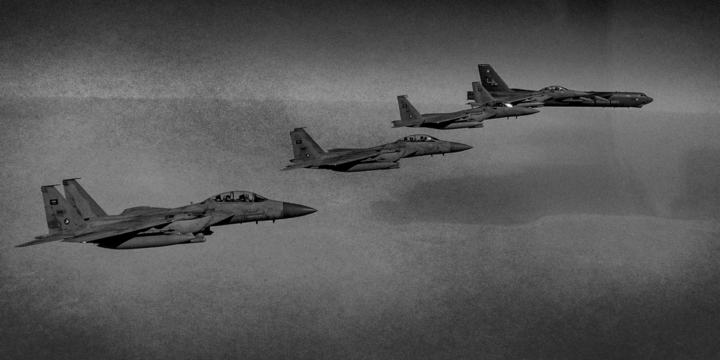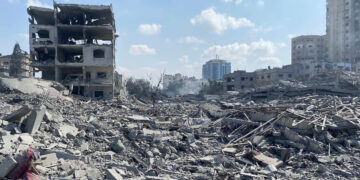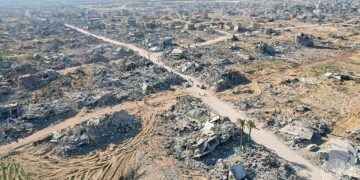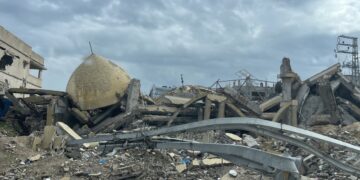October 22, 2024
Israel’s war in Lebanon puts Syrian refugees at greater risk
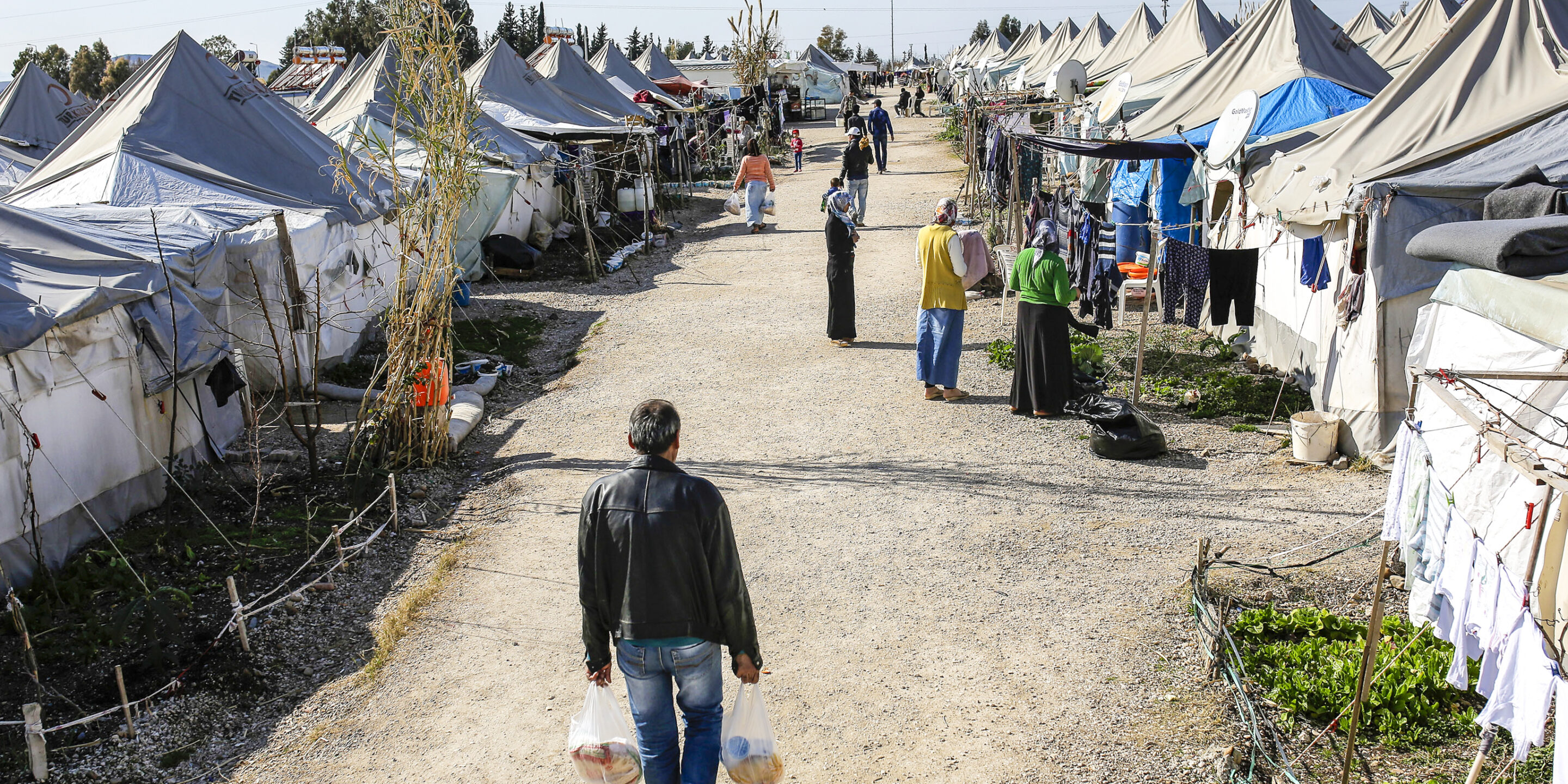
Israel’s recent invasion of Lebanon and subsequent bombing of much of the country is creating a new displacement crisis in the eastern Mediterranean. Of particular concern for the international community is the status of already-displaced Syrian refugees who fled to Lebanon early in the Syrian war and have largely tried to evade the government’s attempts to forcibly return them since. These refugees now face the multitude of risks associated with their home country—with the outcome of such massive displacement likely to worsen the push for forced returns to Syria on an international scale.
Indeed, world leaders are certainly monitoring the movement of roughly 1.2 million internally displaced in Lebanon. Around 405,000 people—some 70% are Syrians, according to estimates—returned to Syria in recent weeks. Some are watching out of concern for the well-being of those forcibly displaced due to fighting in Lebanon’s south and Israel’s relentless air campaign across the country, whereas some are sure to watch closely for any opportunity to return their Syrian refugee populations—particularly in Europe.
An increasing number of countries hosting Syrian refugees displaced by the fighting in their country since 2011 view the conflict as largely resolved, opting to assess certain areas of Syria as safe. This includes major regime-held governorates like Damascus and Latakia, where countries like Denmark have long advocated for returns, claiming the fighting has largely subsided there. Some states continue to take other measures, with Italy reinstating their ambassador to Syria, Lebanon forcing returns and complicating the living conditions for Syrian refugees pre-Israeli invasion, and Turkey forcing returns into newly developed communities across areas of its control in the north.
More on Middle East
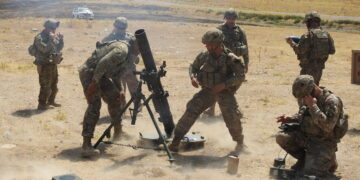
Featuring Daniel DePetris
October 8, 2025
Events on Israel

